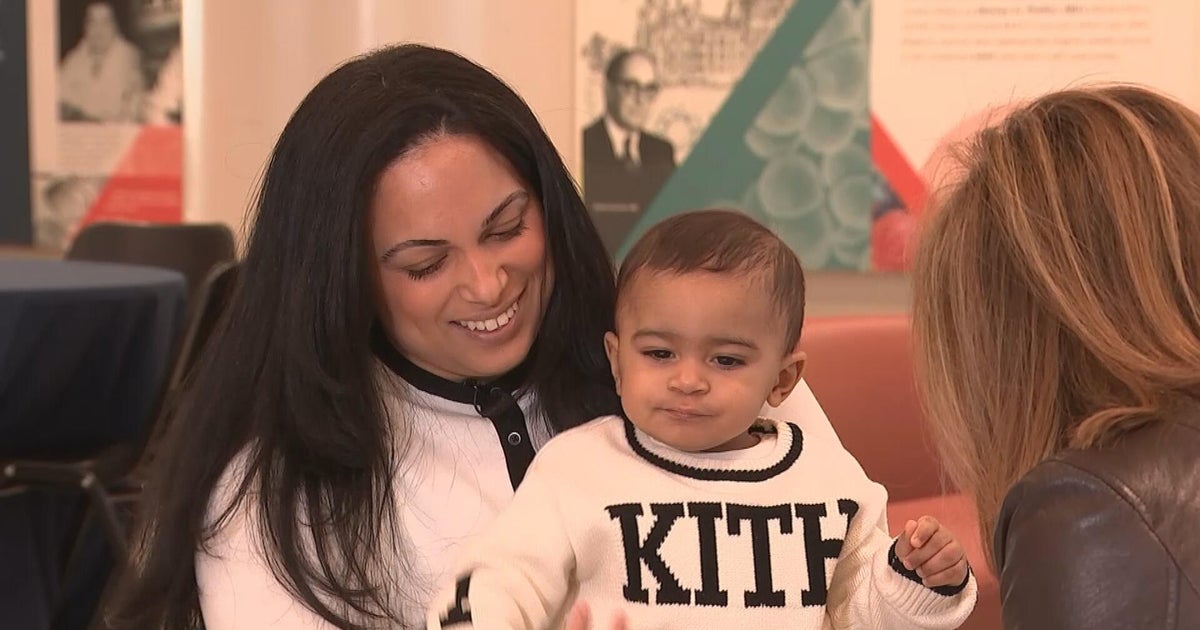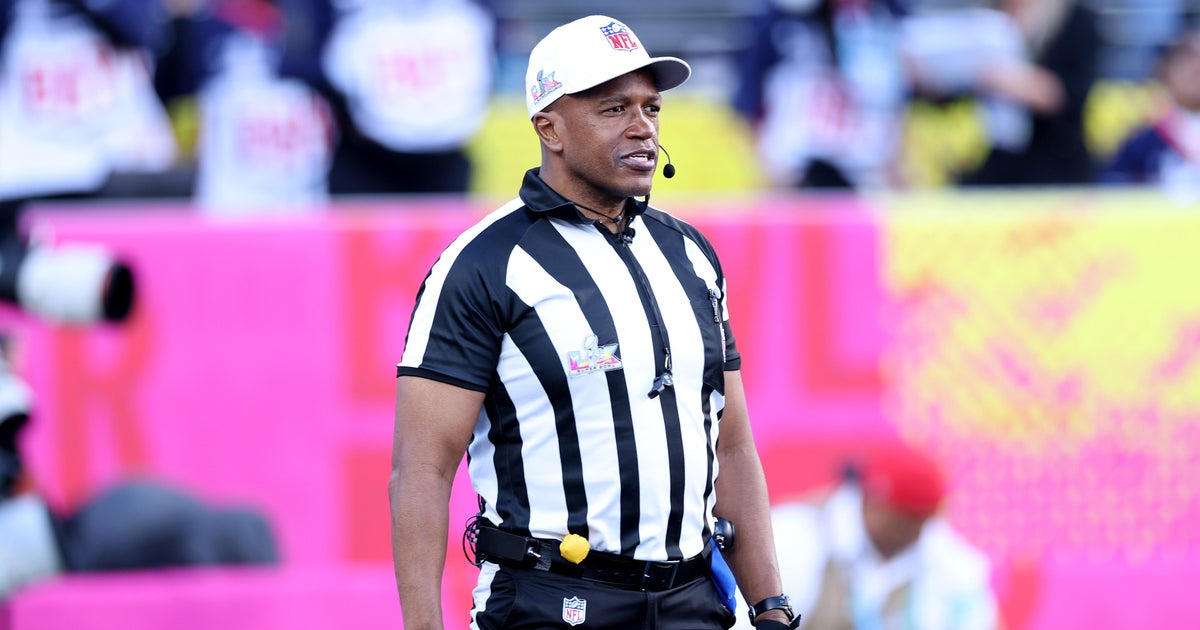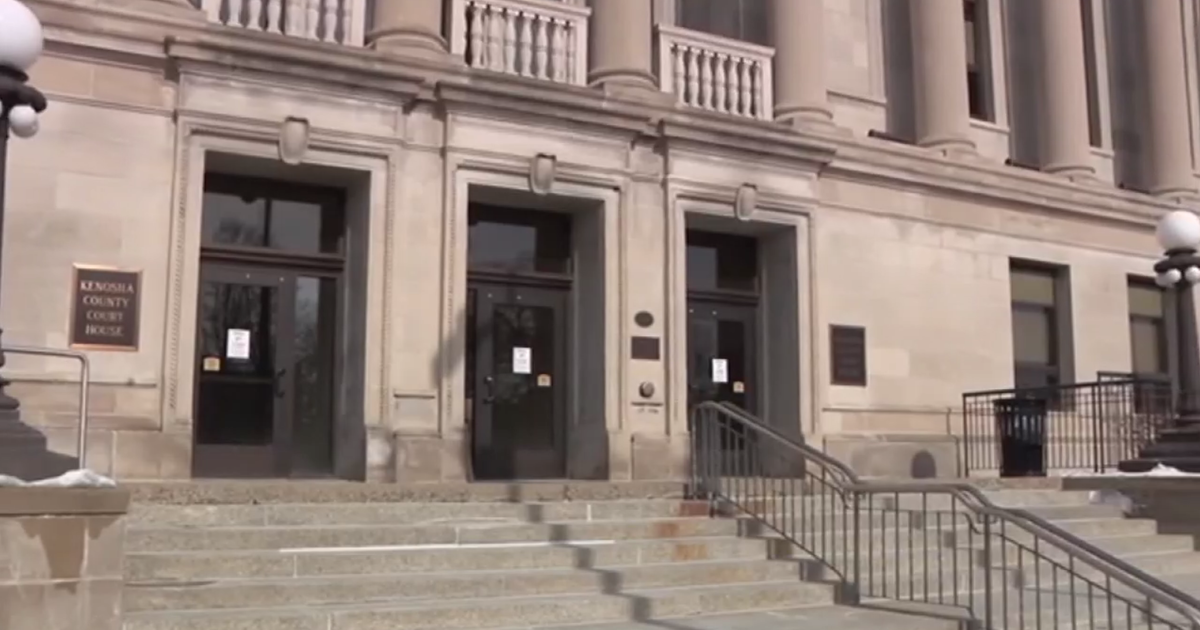Big Ten Statement On NCAA Penn State Sanctions
PHILADELPHIA (CBS) – The Big Ten has released a statement regarding the NCAA's sanctions on Penn State football. It reads as follows:
We must begin first and foremost, by again expressing our great sorrow for all of those whose lives have been so grievously harmed by the series of failures at Penn State University, particularly the lives of the young victims and their families.
Since November 2011, when the underlying indictments were first announced, the Big Ten Conference Council of Presidents and Chancellors (COPC) committed to a prudent, thoughtful and patient review of the various investigative and adjudicatory processes associated with allegations at Penn State University involving Jerry Sandusky, Joe Paterno, Tim Curley, Gary Schultz and Graham Spanier. In December 2011, Big Ten legal counsel, along with NCAA counsel, engaged in the independent investigation undertaken by Louis Freeh and his law firm, Freeh, Sporkin, & Sullivan, LLP. At that time, the COPC reserved the right to impose sanctions, corrective or other disciplinary measures in this matter in the event that adverse findings were made in the areas of institutional control, ethical conduct and/or other Conference related matters. The COPC also directed the Conference, at that time, to initiate an immediate review of the fundamental issues and systems affecting intercollegiate athletics, including those related to institutional control.
Today, we have read the NCAA release on Penn State University. We note in the release, and have independently confirmed, that Penn State has accepted the factual findings in the July 12, 2012 Report of the Special Investigative Counsel prepared by Louis Freeh and his firm (the Freeh Report). Based on the findings, as accepted by Penn State, we fully support the actions taken by the NCAA. Further, following a thorough review of the Freeh Report, the COPC has voted to impose the following additional sanctions on Penn State, effective immediately:
1. Censure: The accepted findings support the conclusion that our colleagues at Penn State, individuals that we have known and with whom we have worked for many years, have egregiously failed on many levels--morally, ethically and potentially criminally. They have failed their great university, their faculty and staff, their students and alumni, their community and state--and they have failed their fellow member institutions in the Big Ten Conference. For these failures, committed at the highest level of the institution, we hereby condemn this conduct and officially censure Penn State.
2. Probation: The Big Ten Conference will be a party to the Athletic Integrity Agreement referenced in the NCAA release, and will work closely with the NCAA and Penn State to ensure complete compliance with its provisions over the 5 year term of the Agreement.
3. Ineligibility: As referenced in the NCAA release, Penn State's football team will be ineligible for postseason bowl games. It will also be ineligible for Big Ten Conference Championship Games for four years, a period of time that runs concurrently with the NCAA postseason bowl ban imposed this morning.
4. Fine: Because Penn State will be ineligible for bowl games for the next four years, it will therefore be ineligible to receive its share of Big Ten Conference bowl revenues over those same four years. That money, estimated to be approximately $13 million, will be donated to established charitable organizations in Big Ten communities dedicated to the protection of children.
Penn State University is a great institution and has been a valued member of the Big Ten Conference for more than 20 years. Since early November 2011, it has been working very hard to right a terrible wrong. There is more to be done. The intent of the sanctions imposed today is not to destroy a great university, but rather to seek justice and constructively assist a member institution with its efforts to reform. From this day forward, as Penn State continues to make amends, the Big Ten conference and its member institutions will continue to engage with them in every aspect of conference membership.
As a result of the Conference review of issues and systems affecting intercollegiate athletics initiated in December 2011, we recognize that what occurred at Penn State University is a consequence of the concentration of power that can result from a successful athletic program and the failure of institutional leadership to maintain institutional control. We further recognize our own responsibility to insure, within the context of our own institutions, sufficient control and responsibility over our athletic programs. Our review has led to a document entitled Standards and Procedures for Safeguarding Institutional Control of Intercollegiate Athletics that is not yet final, but on schedule to be adopted by the COPC and implemented in the 2012/13 academic year under the auspices and oversight of the COPC.







